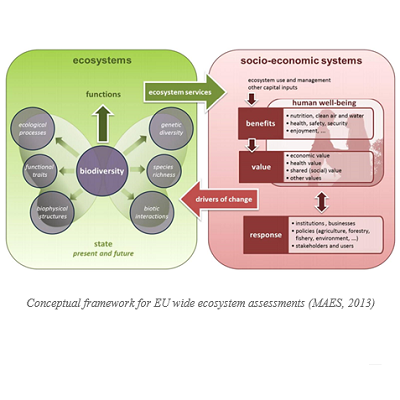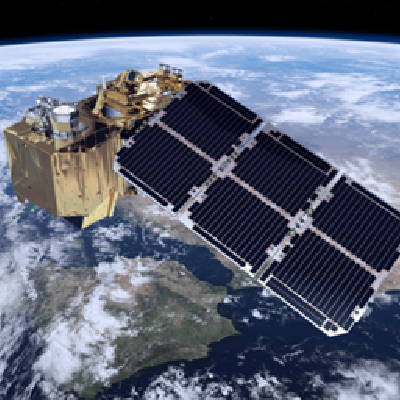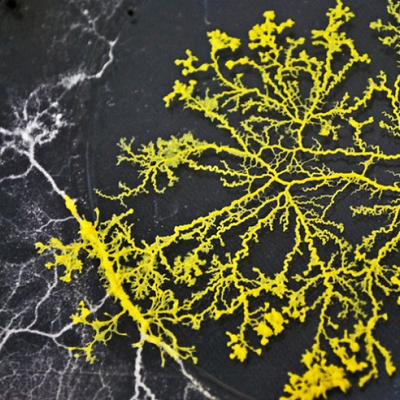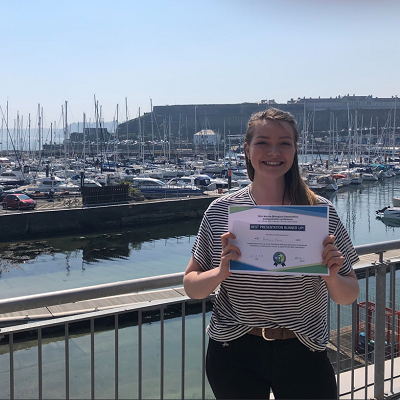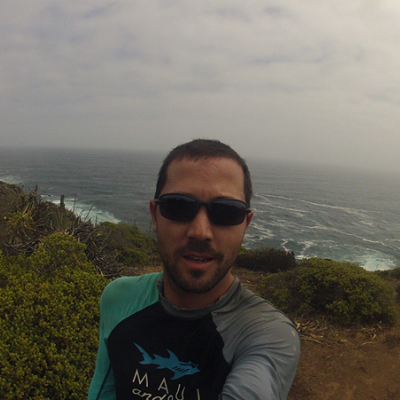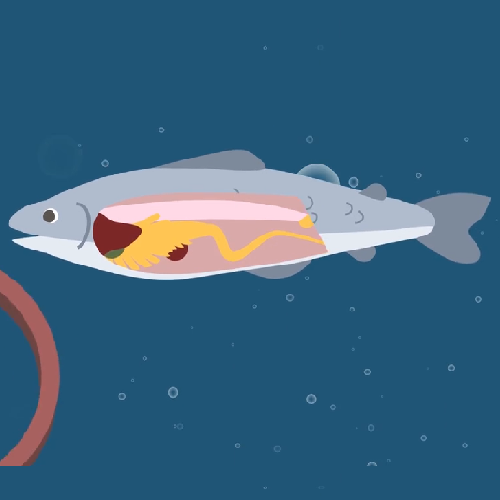Many plant species, including numerous agricultural ones, depend on pollinator services; yet agricultural intensification and urbanisation have caused habitat loss and fragmentation, leading to substantial declines of some pollinators. Any forecasts, risk assessments and remedies thus hinge crucially on understanding how pollinators use space; however, most studies of pollinator spatial movements have taken place over […]
Read More
This CASE PhD studentship will use a combination of organic geochemistry and data-driven modelling to elucidate the factors responsible for the skin absorption of hazardous organic chemicals in contaminated soils. With increasing pressure to build on brownfield sites there is an urgent need to fully understand the factors responsible for the release of organic contaminants […]
Read More
*******Application deadline – Friday 29th June 2018******* Background: Ecosystem services (ES; the goods humans get from nature) such as crop production, carbon capture and livestock grazing are produced by complex interactions among biological species, human activities and the abiotic environment. Primary data characterising ES are rare and the biological component is poorly understood. Thus, ES […]
Read More
This is an exciting opportunity to explore machine learning and big data methods, in combination with earth observation data, to extract information on land cover, landscape features and habitat condition. It will use a range of remote sensing data sets, including LIDAR, aerial photography, high resolution satellite data and satellite time-series. Land cover is a […]
Read More
In both nature and society, distribution networks are fundamental, facilitating the exchange of materials, energy and information. As systems evolve, these networks become complex leading to fragile systems at significant risk of failure. Rail networks are a classic example of this, where timetable pressures amplify the effects of mechanical failure, spikes in demand and adverse […]
Read More
Location: Lancaster House Hotel Date: 21-25th May 2018 Envision held a course for PhD students on Getting Started with R. This was run by Dylan Childs and Andrew Beckerman from R4All. The aim of the course was to help with the initially steep learning curve associated with R and to provide an accurate, repeatable, and […]
Read More
Congratulations to Beth Francis who won the “best presentation runner up” at the Marine Biology Association Postgraduate Conference in Plymouth. Beth says ‘The conference itself was brilliant too, one of the best I’ve been to and had some great workshops that were tailored to PhD students’.
Read More
As a final year PhD student, I started to consider what to do after submitting my thesis. I decided it would be valuable to gain some experience outside of academia through working in policy. I put my PhD studies on hold to complete a secondment working as a policy adviser in the Cabinet Office’s Open […]
Read More
In January of this year, I was fortunate enough to gain the RTSG top up funds which enabled me to attend the “Mechanisms and Outcomes of Predator-Prey Interactions: Scaling Across Space and Time” conference in California, USA. It is a prestigious biannual international conference which aims to discuss developments in the field of predator prey […]
Read More


